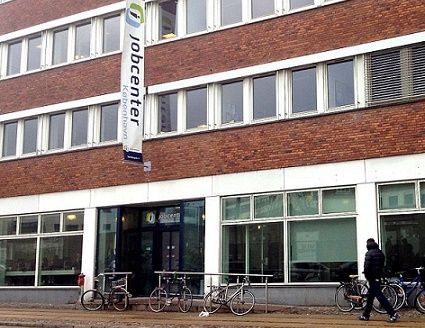Experts are nervous about the foreboding premonitions for Denmark’s economy in the coming months, reports DR.
Amongst their concerns is the increasing rate of unemployment against a backdrop of multiplying job vacancies.
These omens do not bode well for the future, say economists, although there is no need to panic as of yet.
“We have been going through a long period in which growth has been slowing down, and we have seen unemployment rise. This can give rise to small nervous twitches,” said Jeppe Juul Borre of Arbejdernes Landbank.
“But there is nothing to indicate that the bottom has been knocked out of the labour market.”
Early economy indicators
For economists seeking to predict downturns in the economy, job postings are usually the way to go, as they give an earlier indicator of potential variations compared with other markers.
In March, 30,977 new jobs were posted in Denmark – up 20-30 percent on pre-pandemic figures of between 20,000 and 25,000. On top of this, unemployment is creeping up at a rate of roughly 0.1 percent per month.
“Job postings react to fluctuations slightly faster than employment figures,” said Borre.
“This is due to the fact that it is faster to make a decision not to employ a candidate, or to re-employ a worker, rather than dismissing an employee outright. Employment figures can take up to a year to react to changes in the economy.”
Wider problems?
What the experts say is one thing. But a layman might wonder whether the job market is catering to the rising number of people without a job.
Dansk Erhverv recently observed that people are being turned away from care jobs for the elderly in spite of surging demand for care workers.
The EU has also commented on the high proportion of Denmark’s highly-skilled immigrants being employed in unskilled jobs.
Surely this prompts the question: could more be done to get the right people working the right jobs?















